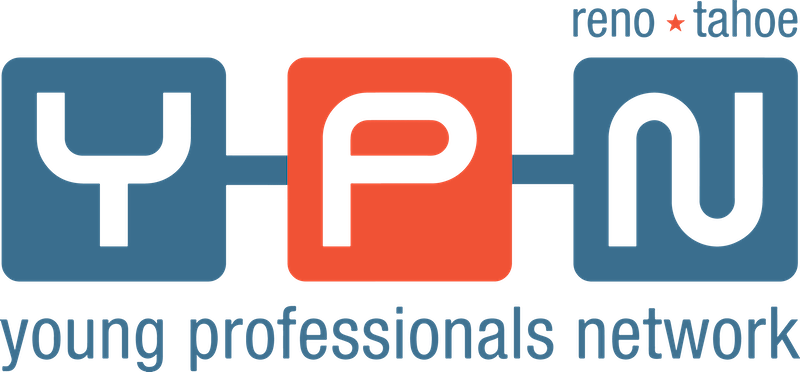Quick Fixes For Keeping More Cash In Your Wallet
When it comes to spending our money, we all have areas we’d like to improve. And what one person thinks is wasteful, another might deem necessary. But there are a few money wasters that many people never consider. The good news? They’re easy to fix. Take a look at these common wallet-draining habits.
Failing to review employer health plan coverage. If you’ve stuck with the same health plan coverage since joining your employer, it may be time to take a second look. Coverage options that made sense even one year ago may not be appropriate for you now. You could be spending more than you need to for coverage. During your company’s next annual enrollment period, take a look at all the options, and talk with a benefits expert at your company for help on determining the best options for you and your family.
Neglecting to challenge property tax appraisals. The real estate market is constantly changing and your property value may have changed drastically over the last year. As your property tax appraisal arrives, give it a second look. Each taxing jurisdiction has rules for appraisals, so take some time to check out the procedure in your area. Because appraisals are based on market values for property, you may be able to successfully lower your tax bill if yours has lost value due to depressed sale prices or an increase in foreclosures in your area.
Ignoring employer matches on 401(k)/TSP accounts. If your employer offers a matching contribution to your 401(k) or other retirement plan, be sure you’re contributing at least enough to capture the entire match. Otherwise, you’re leaving free money on the table. Some employers will match up to the first three, five or six percent of your contributions. By taking advantage of your employer’s matching contribution, you are effectively doubling your investment – at no more cost to you.
Keeping all cash in non-interest checking accounts. A penny saved is a penny earned – but only if you keep it in the right place. If you’re keeping all your cash in a checking account, you may be losing out on valuable interest. As a general rule, keep cash for emergencies easily accessible for home or auto repairs, or other unexpected surprises. For money you plan to spend in the next few months or a year, consider an interest-earning savings account, or money market account. And for cash that you don’t need for several years or more, make plans to talk with a financial professional about long-term savings and investment options.
Amassing late fees and overdraft penalties. If you’ve ever incurred a $20, $30 or even a $40 late fee on a household or credit card bill, you know how frustrating it can be. And if you’ve encountered the dreaded overdraft fee, you know it’s no piece of cake either. By keeping vigilant and taking advantage of automated services, you can avoid these fee headaches. Consider an automatic bill-pay arrangement for your recurring bills, and look into bank alert services for keeping tabs on your account balance. There are also several online services that will send you a reminder via e-mail of upcoming due dates.
Trying to do services best handled by a professional. If your eyes have ever glazed over after spending hours reviewing tax documents, investment options and retirement plans, you recognize that some things may be best left to professionals. By always attempting the do-it-yourself approach and overlooking the valuable advice of professionals – such as tax advisors or financial planning professionals – you could be costing yourself more. Consider leaving these types of services to the pros.
Most of the money-wasting habits listed can be remedied with just one phone call or conversation. And by limiting waste in your budget, you’ll free up cash for more important things – like paying off debt, increasing savings and planning for your future.
 Nicole A. Silverio, MBA is a Financial Advisor at First Command Financial Services in Reno, NV. This article was written by Newkirk, and it is intended to promote the professional services of the First Command. First Command Financial Services, Inc. is the parent company of First Command Financial Planning, Inc. Investment products and services, including securities products are offered by First Command Financial Planning, Inc. (Member SIPC, FINRA). A financial plan, by itself, cannot assure that retirement or other financial goals will be met.
Nicole A. Silverio, MBA is a Financial Advisor at First Command Financial Services in Reno, NV. This article was written by Newkirk, and it is intended to promote the professional services of the First Command. First Command Financial Services, Inc. is the parent company of First Command Financial Planning, Inc. Investment products and services, including securities products are offered by First Command Financial Planning, Inc. (Member SIPC, FINRA). A financial plan, by itself, cannot assure that retirement or other financial goals will be met.

